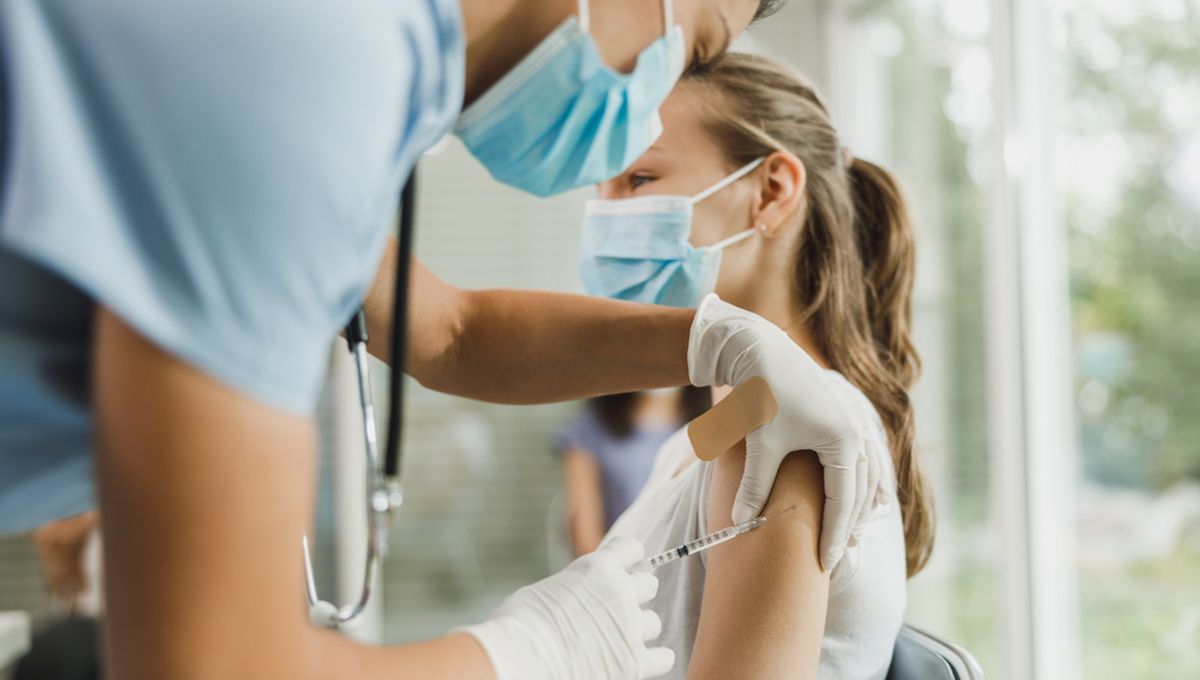Introducing Eris, the subvariant of Omicron that’s making waves. First reported on February 17, 2023, it now accounts for over 18 percent of COVID-19 cases in the US. While currently responsible for just 2 percent of cases in the UK, experts predict its prevalence will increase globally.
The World Health Organization (WHO) has classified Eris as a “variant of interest” since August 9. Although the global risk level for this variant is considered low, it is expected to bring a fresh wave of cases and put strain on healthcare systems worldwide.
But there’s good news on the horizon. According to Reuters, new vaccines specifically designed to combat Eris are on their way. These vaccines will soon be available from healthcare providers and pharmacies, offering hope in the fight against the variant.
Leading pharmaceutical companies like Pfizer/BioNTech, Moderna, and Novavax have developed updated versions of their COVID vaccines to target the omicron subvariant XBB.1.5, which is currently declining. Encouragingly, early data suggests that these new shots will still be effective against Eris.
Moderna, for example, published clinical trial data on August 17 demonstrating that their updated vaccines generate a robust immune response against Eris and the FL.1.5.1 variant. Dr. Mark Mulligan, director of the NYU Langone Vaccine Center, reassures us that these vaccines will provide substantial protection against EG.5, with minimal loss of efficacy.
Despite declining concern about the virus and skepticism about the merits of the vaccine, health experts emphasize the importance of receiving a booster shot. They stress that a booster is an effective way to reduce the risk of severe illness, especially for vulnerable individuals.
Ashley Kirzinger, Director of Survey Methodology at the Kaiser Family Foundation, highlights the need for public health officials to make a compelling case to the American public about the ongoing risk of COVID. “Covid isn’t over, and it still poses a risk to them,” she tells Reuters.
Dr. David Boulware, an infectious diseases specialist at the University of Minnesota, adds, “Being boosted is going to be the best way to reduce your duration of illness, even if you do get sick.” So, let’s stay vigilant and prioritize our health.








